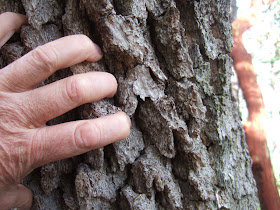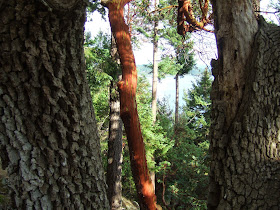Thousands of years ago, canoes hand-carved from cedar trees skimmed across the waters of the Puget Sound and its tributaries, powered by the paddles of fishermen whose skills were passed from generation to generation. Below them swam an abundance of salmon, enough to feed and sustain generations of Lummi people.
Today our people, the Lhaq’temish or People of the Sea, navigate the same waters our ancestors crossed to fish and share the lessons of survival, culture and history. We have worked, struggled and celebrated life on the shores and waters of our homeland for thousands of years. In 1855, our leaders signed the Point Elliott treaty in exchange for ceding lands to the U.S. government. This reserved existing inherent rights to hunt, fish and gather throughout our usual and accustomed grounds, stations, traditional territories and homeland territory, which includes our present-day reservation. Our past leaders, seeing the encroachment on our lands and way of life, had the foresight to fight to preserve the lifeblood of the Lummi people — our right to fish. As the largest native fishing fleet in the nation, with approximately 700 registered fishers, we have exercised these rights and continue to defend and protect them to this day.
The decisions we make ensure that our Schelangen, our way of life, lives well beyond us. It was unimaginable to our ancestors that there would come a time when the salmon runs were not thick and teeming with enough fish to feed the village through every season. Today, the salmon are far fewer and our community is forced to deal with a changing landscape, and new environmental dangers and challenges.
The Lummi Nation, as a self-governing and sovereign nation, is committed to our responsibility to the land, economy and community, both now and for future generations. We believe in a thriving and healthy community for everyone.
That’s why the Lummi Nation opposes a new coal export terminal at Cherry Point in Whatcom County. It poses too great a risk to the salmon so integral to our culture and way of being. Increased vessel traffic will interfere with fishing, and the proposed terminal and increased uses of anchorages will reduce access to fishing grounds. The large volumes of ballast water discharged by Cape-sized ships that would call on the terminal threaten to introduce invasive species that could destroy the fishery. And carbon balance impacts caused by burning coal will contribute to ocean acidification that threatens all North Sound fisheries.
Our sacred duty to protect the salmon and people is also why we are proceeding with great caution in conversations about the right path forward for the clean up of Bellingham Bay. The potential impacts on the ability to fish are not only critical to examine but required. Any activity, construction or changes in our shared waters and shorelines must protect the treaty fishing rights guaranteed us as a sovereign nation.
We are also partners and stewards in ensuring the health of our natural resources. We have created a wetland mitigation bank — an innovative means to ensure no net loss of wetlands or their functions, and to protect shellfish habitat and help restore salmon species. The bank allows individuals, governmental agencies and private companies, both Lummi and non-Lummi, to purchase credits to offset any unavoidable impact to our region’s wetlands.
As Lummi people, we are culturally linked to the waters, land and fish of our home. Our leaders have always created a path forward of subsistence and sustainability. They held sacred their duty to preserve our Schelangen, our way of life, for generations to come, and it’s a duty we continue to hold sacred through all the changes of our modern world.
Read more here: http://www.bellinghamherald.com/2014/09/28/3874993/lummi-concerned-for-environment.html?sp=/99/122/#storylink=cpy
























